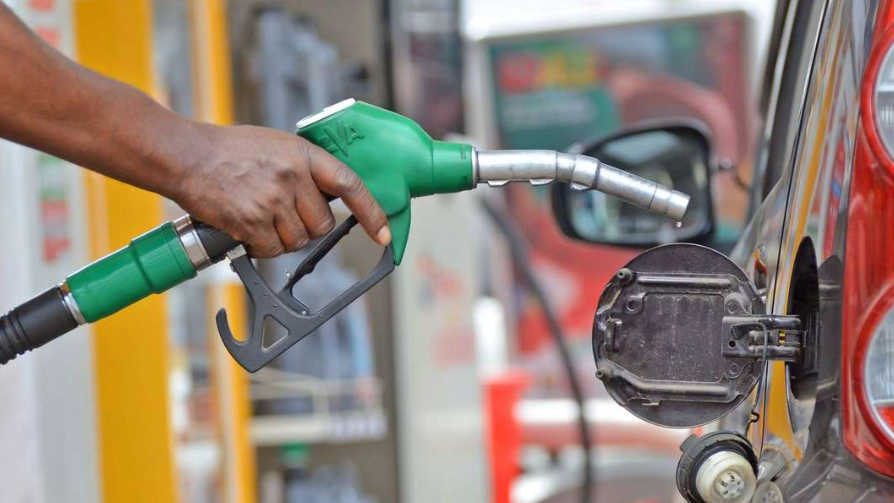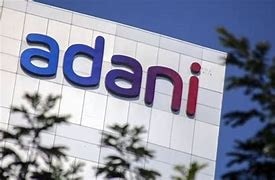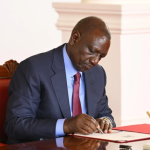Kenya’s fuel is the most expensive in East Africa now, even as it retains its current pump rates.
According to the Energy and Petroleum Regulatory Authority (EPRA), from November 15 to December 14, 2024, petrol in Nairobi will cost Ksh.180.66 per litre, diesel Ksh.168.66, and kerosene Ksh.151.39.
A comparison across the East Africa region reveals significantly lower prices elsewhere. In Uganda, petrol costs Ksh.171 per litre, while in Rwanda it is priced at Ksh.153.34.
Tanzania offers the most affordable fuel, with petrol at Ksh.141.89 per litre. Diesel prices follow a similar trend.
Kenya on the other hand is leading at Ksh.168.66, followed by Uganda at Ksh.164.21, Rwanda at Ksh.155.50, and Tanzania at Ksh.137.12.

International markets
These price disparities stem from various economic factors, including global oil prices and foreign exchange rates.
Recently, global oil prices have dropped due to reduced demand from China, the world’s largest oil importer, and persistently high interest rates set by the U.S. Federal Reserve.
While the high rates have curbed oil demand, they also impact global financial markets, influencing fuel pricing.
In Kenya, consumers face the possibility of an extended government-to-government fuel supply arrangement with Gulf oil companies.
This deal aims to stabilize fuel imports but could result in costs being passed to consumers if penalties arise.
Despite these challenges, October saw the largest drop in Kenyan pump prices in 19 months, with reductions of Ksh.8.18 for petrol, Ksh.3.54 for diesel, and Ksh.6.93 for kerosene.
Uganda, benefiting from global oil price declines, recorded its lowest fuel prices in six months. The Uganda National Oil Company (UNOC) also plans to establish a domestic oil refinery to reduce reliance on external factors.
Tanzania, with the region’s cheapest fuel, credits this to reduced global oil prices, lower import costs, and favorable exchange rate fluctuations.
The region continues to grapple with the impact of global oil market trends, with each country adopting strategies to mitigate external pressures and stabilize local prices.
Follow https://kenyaonline.xyz












